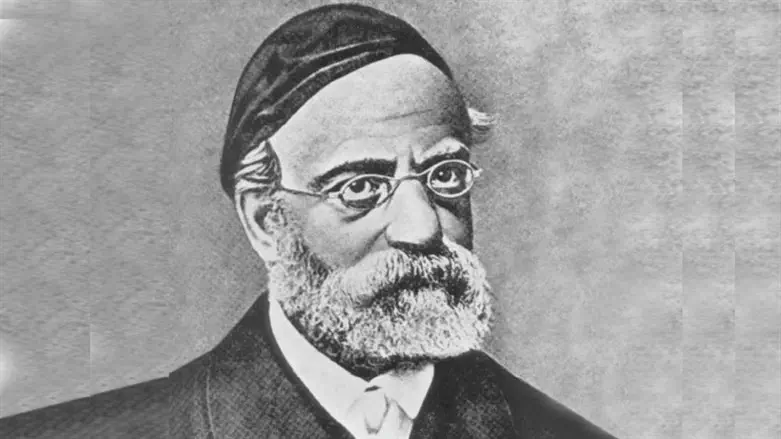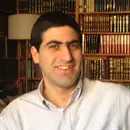
“And these are the descendants of Aharon and Moshe…” (Numbers 3:1).
And yet, in the verses that follow, we don’t read of a single descendant of Moshe. Rav Samson Raphael Hirsch explains that the Torah only lists descendants “who had some official position as nesi’im and kohanim.” But that just raises another question: Why didn’t any of Moshe’s children hold an official position?
Rav Hirsch answers that Moshe refused to use his post to advance his children’s careers. Thus, he “allowed his sons to be quite absorbed in the masses without any special distinction; he did not [reserve] even a small position, a tiny title, a small badge for his own children.”
How refreshing. So often we read of people receiving titles, not based on merit, but on family ties. Moshe didn’t permit his children to succeed in this manner.
Three millennia later, Reb Shraga Feivel Mendlowitz (1886-1948), founder of Torah Vodaath’s high school, followed Moshe’s example. In a biography on this fascinating individual, Yonoson Rosenblum writes, “[Reb Shraga Feivel] strictly avoided any trace of nepotism and never gave a position of any kind to one of his sons or sons-in-law. When his son-in-law Rabbi Yitzchak Karpf was appointed a maggid shiur in the Mesivta, Reb Shraga Feivel felt compelled to assure his students that he had not been involved in the appointment. Toward the end of this life, he asked that his son Shmuel not receive any preferential treatment regarding admission to the kollel of Bais Medrosh Elyon.”
Reb Shraga Feivel wouldn’t even interfere to help his oldest son attain a position in Torah Vodaath’s elementary school - despite a personal request from his son - “on the grounds that [the principal] might feel obligated to favor his son over other candidates” if he did so.
Naturally, every rabbi wants to see his children carry on his legacy. And if a child is worthy, the community is obligated to appoint him to fill his father’s position, according to some halakhic authorities. But religious leaders themselves, Rav Hirsch seems to be suggesting, should strive to walk in Moshe’s footsteps and avoid nepotism.
Rav Samson Raphael Hirsch (1808-1888) - head of the Jewish community in Frankfurt, Germany for over 35 years - was a prolific writer whose ideas, passion, and brilliance helped save German Jewry from the onslaught of modernity.
Elliot Resnick, PhD, is the host of “The Elliot Resnick Show” and the editor of “The Rav Samson Raphael Hirsch Dictionary.”
...
